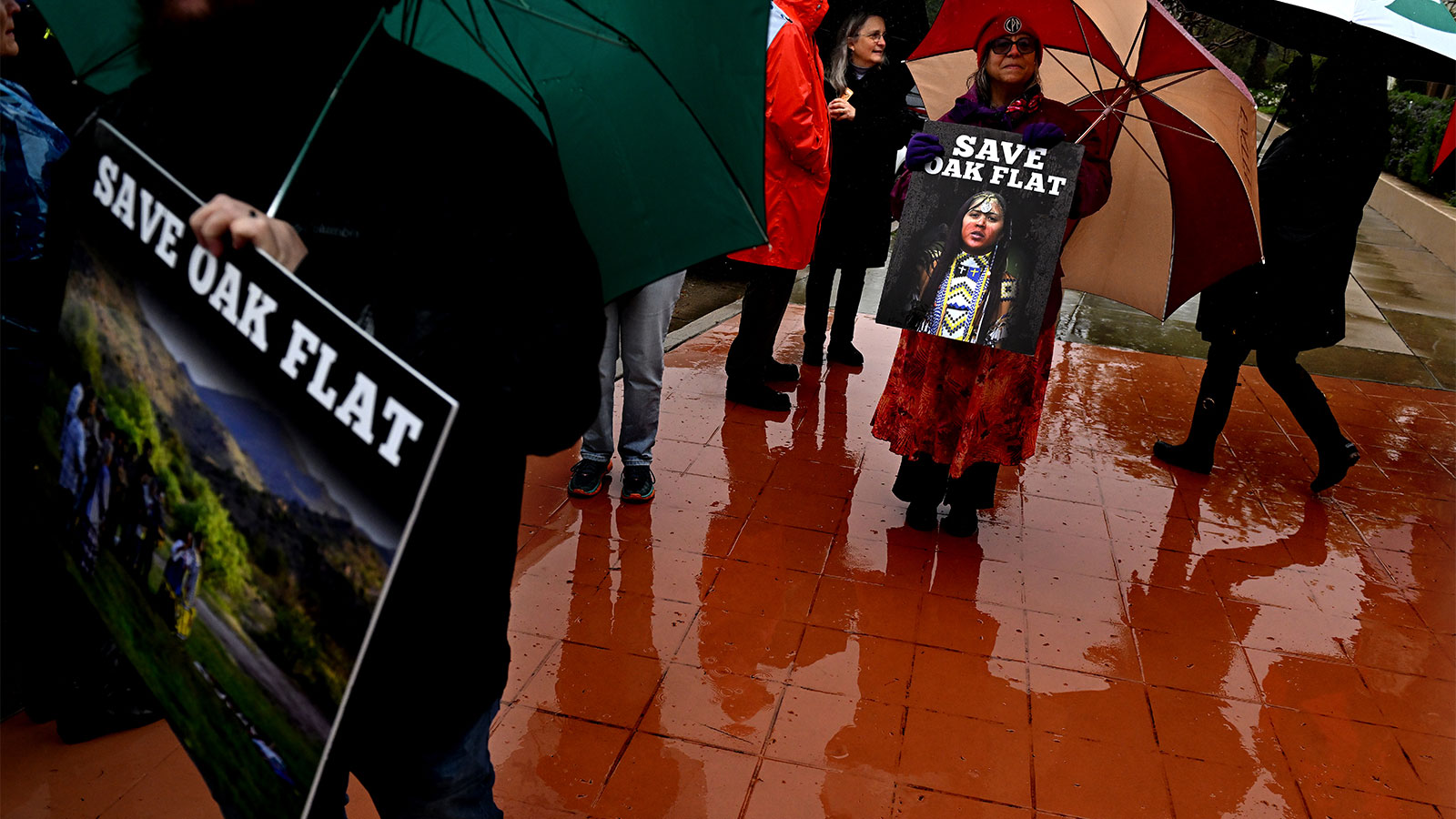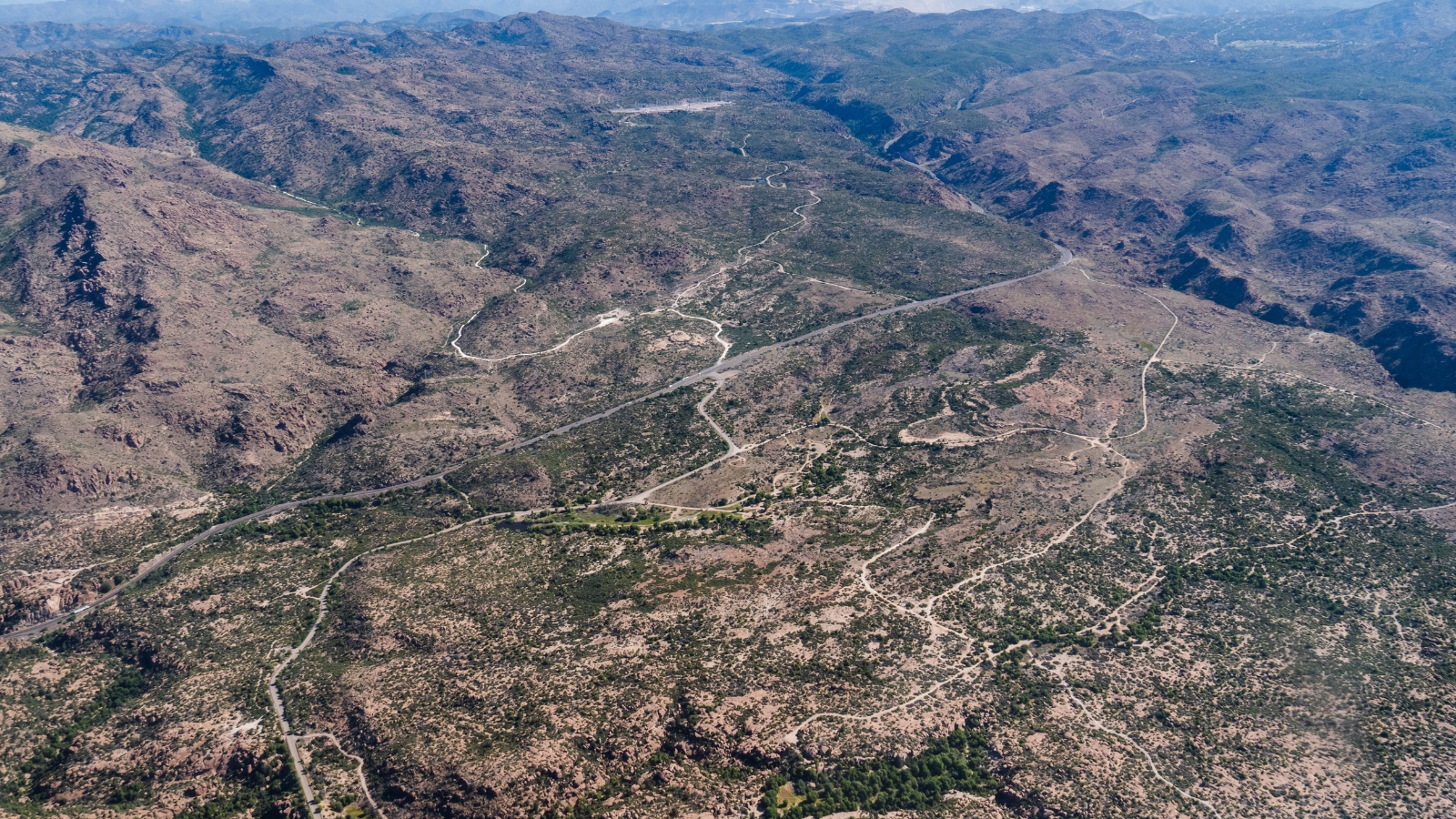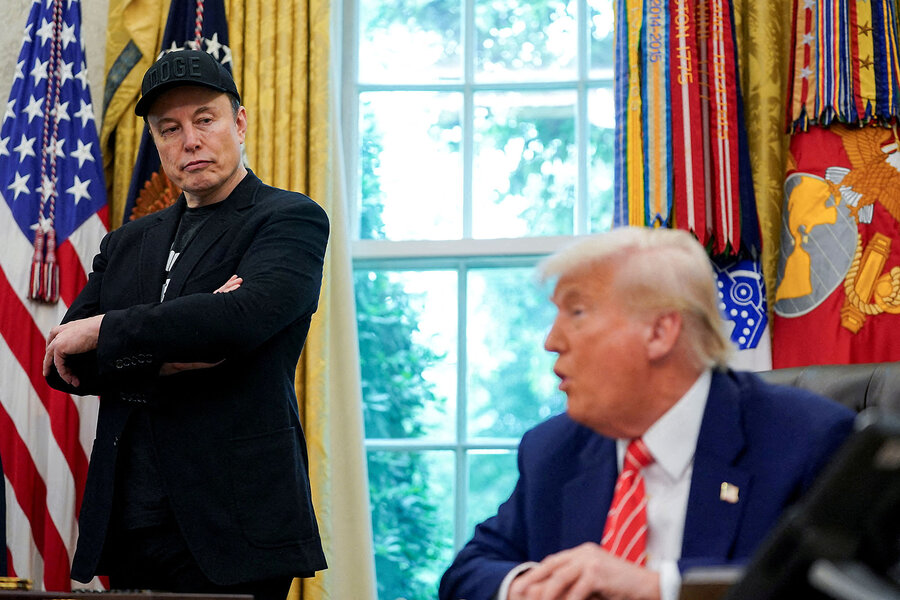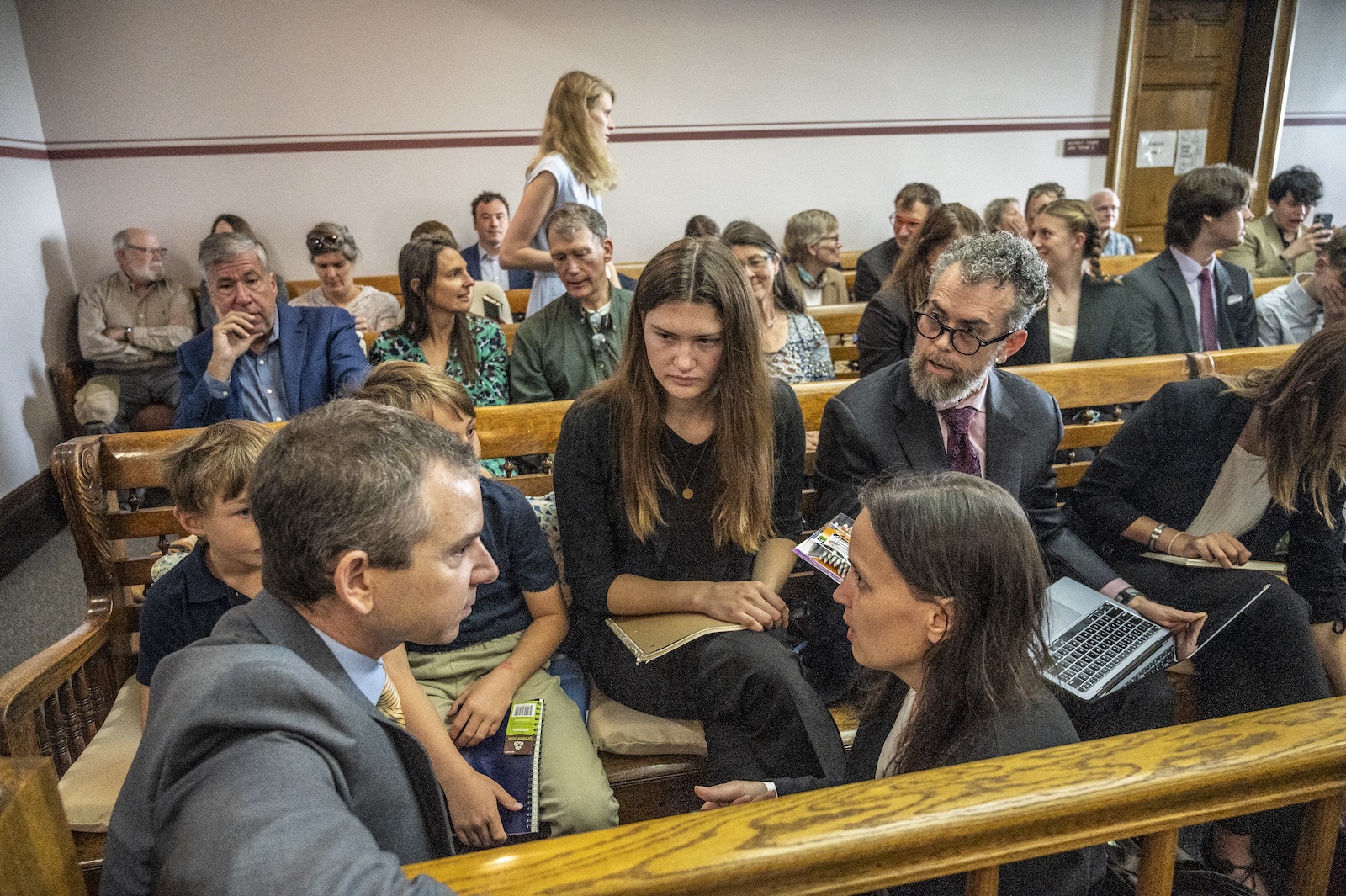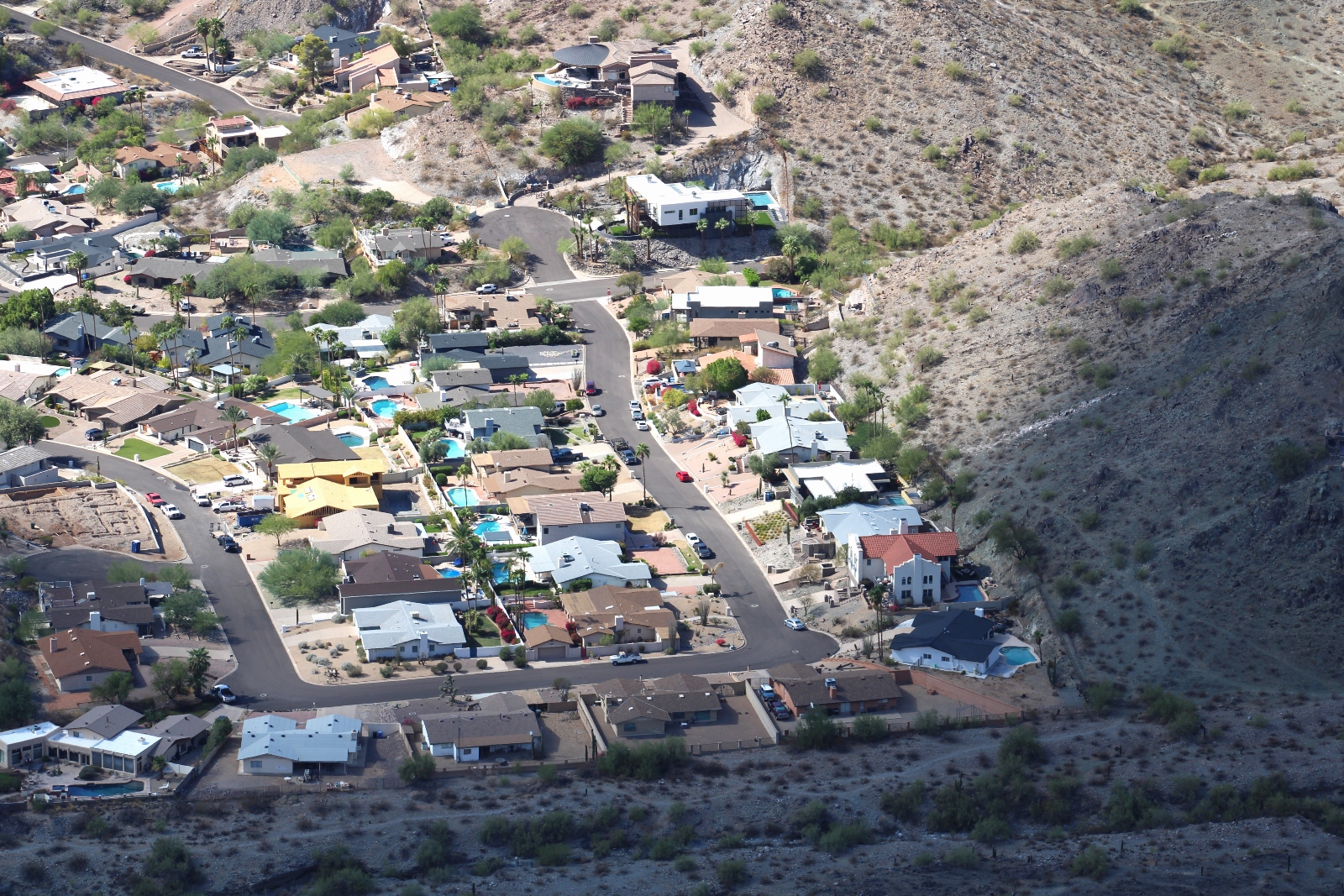Now Reading: The transfer of a sacred site to a copper mine is delayed once again
-
01
The transfer of a sacred site to a copper mine is delayed once again
The transfer of a sacred site to a copper mine is delayed once again
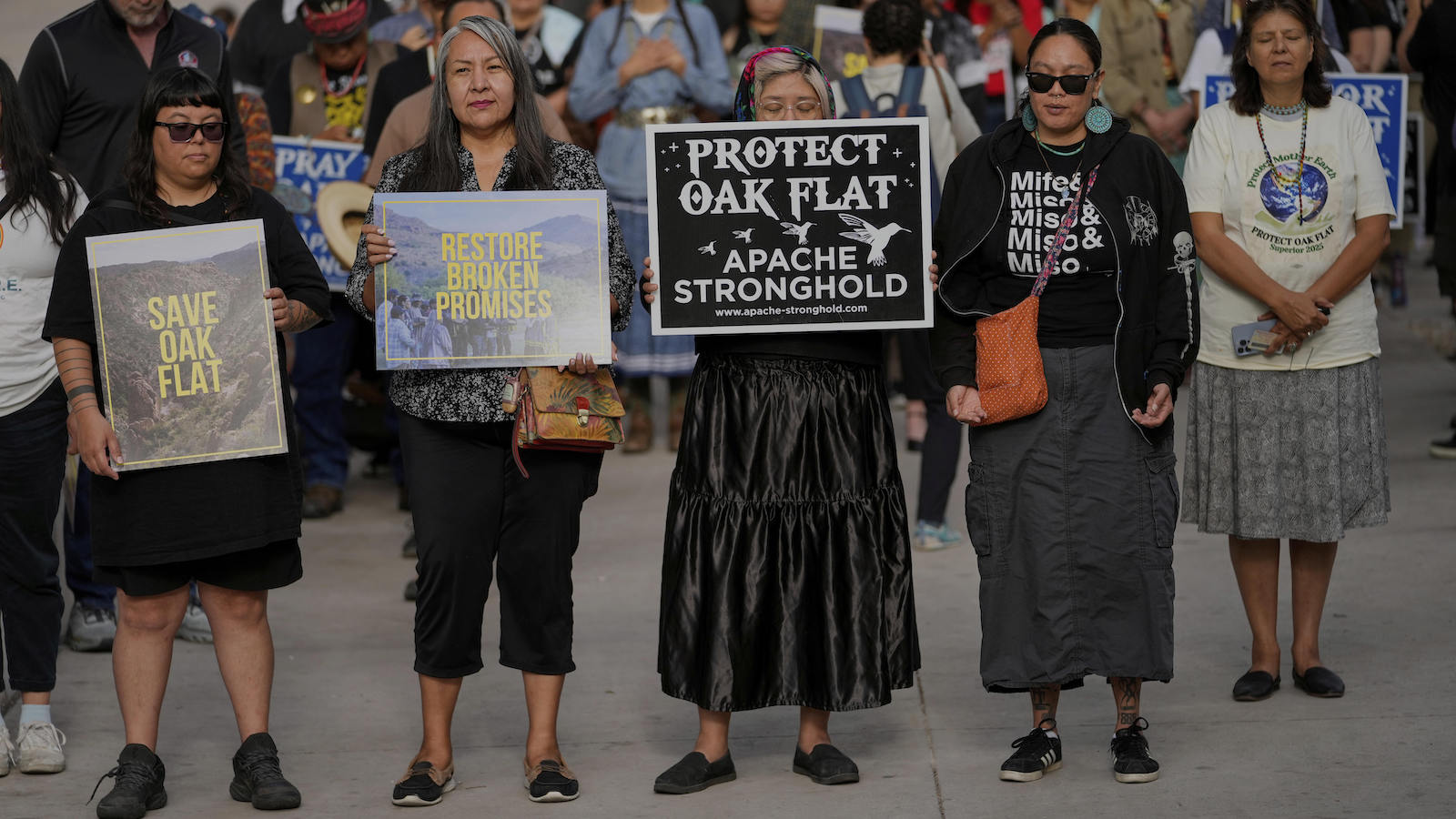
A federal judge issued an injunction Friday that further delays the transfer of Oak Flat, an Indigenous religious site in Arizona, to a multi-national company that would make it one of the largest copper mines in the world.
More than a week ago, the United States Supreme Court declined to hear an appeal in the case, allowing a lower court order to stand that approved the transfer. The district court judge in Phoenix called for a 60-day delay to allow advocates for Oak Flat to review an upcoming U.S. Forest Service environmental impact statement.
The motions for the delay came from the San Carlos Apache Tribe and a coalition of organizations such as the Center for Biological Diversity, a local Sierra Club Chapter, and Arizona’s Inter-Tribal Association.
The struggle over Oak Flat’s future has been going on for a decade. The final environmental review was released during the first Trump administration, but then halted during the Biden administration. Back in April, the current Trump administration said it would reissue its environmental review, expected June 16.
The review is necessary for the transfer of the land to Resolution Copper, a project from Rio Tinto and BHP, multinational mining companies.
There has been an issue with accessing this review before its publication. According to Marc Fink, an attorney for the Center of Biological Diversity, it’s customary to see such documents in a legal process.
That hasn’t been the case with Oak Flat.
“In my 30 years, I have never seen this occur,” he said.
The withholding of the review is seen by observers as a sign that the Trump administration wants to fast-track the mine, which would sit directly on top of sacred sites and would mine a thousand feet inside the earth.
The land in question is about 40 miles east of Phoenix in the Tonto National Forest. The Apaches consider it their land, based on the 1852 treaty signed between the nation and the U.S. government, as an outcome of the Mexican-American War a few years earlier.
Amid a current trade war between the United States and China, as indicated by Trump’s tariffs, proponents for Oak Flat are scratching their heads at conflicting national security interests. In a press release by the San Carlos Apache Tribe, chairman Terry Rambler, says that, “Resolution Copper is a major threat to U.S. national security given China’s significant financial influence over BHP and Rio Tinto.”
The United States has only two copper smelters — in Utah and Arizona — and both are at total capacity. Critics surmise that Resolution Copper will likely send raw material to China, where the world’s largest copper refineries exist.
Whether the profit margin is acceptable for Resolution Copper is also a question for the mining corporations. A feasibility study, which looks at whether the costs will scale for net profit gain, hasn’t been conducted yet according to Resolution Copper and can take years. However, if companies identify expenditures as too costly, it is unlikely they would return the title back to Apache homeland under the Forest Service.
The tribal organization Apache Stronghold also filed a separate injunction in the same Arizona court; it was their suit the Supreme Court declined to hear.
Luke Goodrich, Vice President at Becket, a religious rights legal institute who has represented Apache Stronghold, said the fight is far from over.
“The Apaches are never going to stop defending Oak Flat ,” he said. “And we’re continuing to press every possible opportunity in the courts, Congress, and with the President to make sure that this tragic destruction never takes place.”


